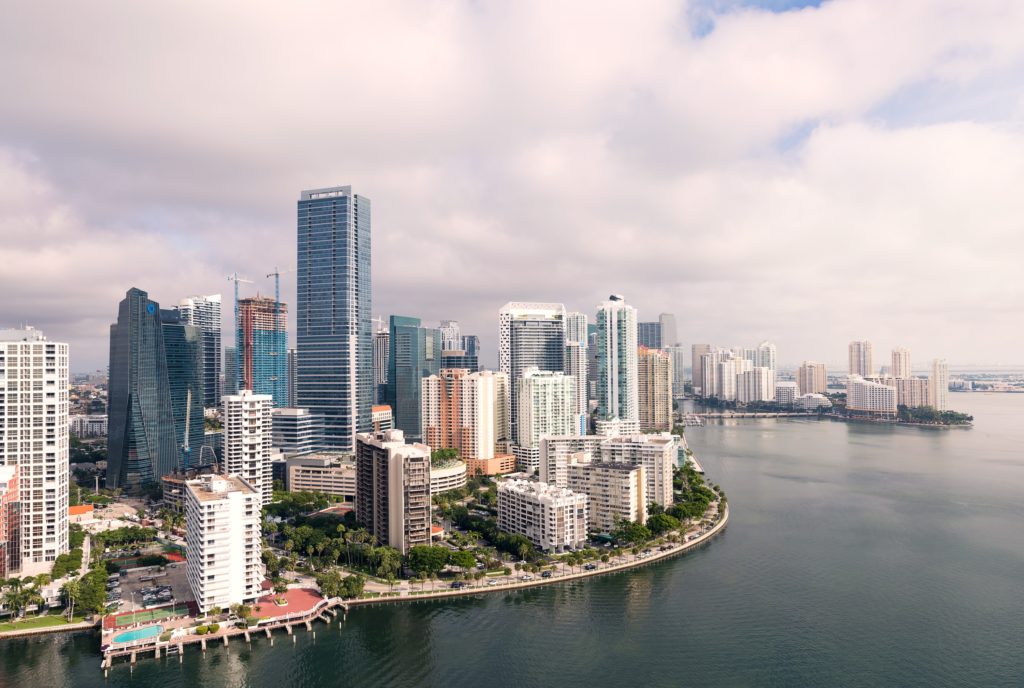If you’re new to Florida, then you’ve probably already realized how diverse culture is in the Sunshine State. The cost of living, schools, and people will vary from the Georgia, Tennessee and Alabama connections of life in the Panhandle, to Latino influences in the most southern tip. The good news about getting adjusted to life in Florida is that you’re not alone. Most of the people who live there have relocated from another state; therefore, you are surrounded by millions who know exactly what it feels like to be a newbie. Besides contacting the Chamber of Commerce in whichever community you end up in to get all of their new resident information, you can count on the following to be consistent throughout most parts of Florida.
Big tax breaks on property and personal income tax are some of the big bonuses to living in Florida. Be sure to file for the Homestead Exception to see if you qualify for further cuts. Unlike getting a driver’s license, filing for the Homestead Exemption, registering to vote, or filling out a declaration of domicile, will establish your residency in Florida. A driver’s license will only establish your intent to reside in Florida.
Various permits, forms, and licenses are also necessary for boats, the use of beaches and coastal areas, docks, burning, vehicles and fishing. These will often vary according to county. StateofFlorida.com offers information specific to each of these needs and breaks them down into categories. It also has links to Florida State agencies to help relocating individuals or businesses.
Getting the right insurance for your Tampa Bay Florida real estate property and belongings while you live in Florida is a necessity. The recent rash of hurricanes has inspired the Office of Insurance Regulation to reorganize themselves to serve this important aspect of Florida living. Crosscheck some of their links to make sure that your insurance covers all of the possibilities.
Be sure to call or visit the website for the Florida Department of Education to find out how local schools rate in your area. In fact, selecting your property according to school districts may be a good idea if you have, or expect to start, a family in Florida. Each school also has a report on it done by the School Advisory Council Report which rates schools on performance, attendance and various features.
Afternoon thunderstorms are a part of life almost everyday for Floridians during the summertime. This is just one of the features of Florida’s weather that relocators should know about. Being prepared for Florida’s weather will make the transition of relocating much easier. Be sure to ask your neighbors how they prepare for hurricanes and heavy rain. Make sure that you have supplies on hand throughout the year. Also, ask your local authorities about what you should have on hand, what to expect, and who to contact for help.
Expect to see a lot more of your friends and families now that you live in Florida. Visiting you will become a vacation for many of them. It may save you money in the long run to buy year passes to some of the attractions in or around your town or city. It also wouldn’t hurt to collect some brochures from the local Chamber of Commerce, so you have a mini-library of resources at your fingertips for day trips and exciting attractions. Remember that Florida relies on tourism for one of its biggest economies. Your loved ones will still consider Florida one of the top vacation spots long after you have become accustomed to living in the Sunshine State. Be sure to keep any welcome packages you receive from your real estate agent or homeowners association at finger’s reach for yourself, and for visitors.



